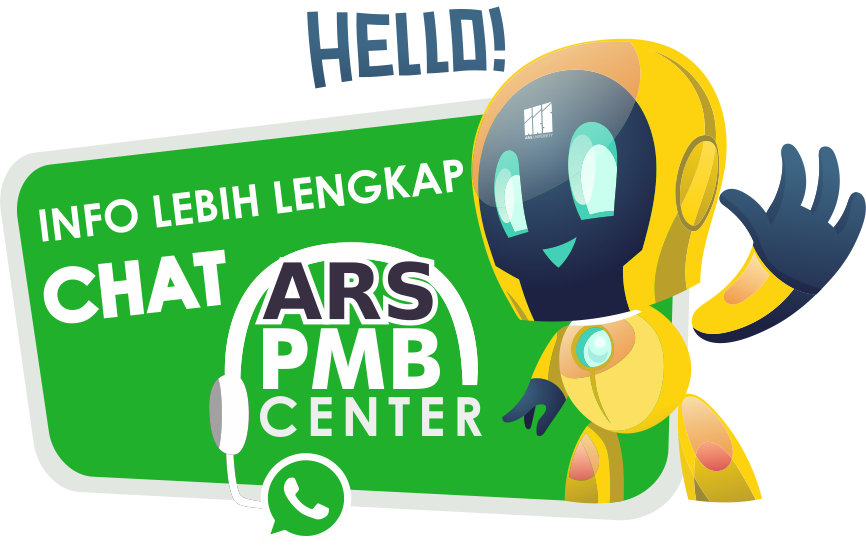DEVELOPMENT AUGMENTED REALITY IN PROBLEM-NASED LEARNING: STRENGTHENING STUDENT’S MATHEMATICAL COMMUNICATION ABILITY
| Penulis |
|---|
Dosen:
Eksternal:
|
| Tanggal Terbit |
| 19 Juni 2025 |
| Kategori |
| Jurnal Nasional Terakreditasi [SINTA 4] |
| Penerbit |
| Union: Jurnal Ilmiah Pendidikan Matematika |
| Kota / Negara |
| KOTA YOGYAKARTA / Indonesia |
| Volume |
| 13 |
| Halaman |
| 526-543 |
| URL |
| https://drive.google.com/file/d/1xIblHVbL2OXTIM6dKvqeJsUybnniK3DJ/view?usp=sharing |
| Abstrak |
| Mathematical communication ability is essential, especially in learning geometry to understand trigonometric comparisons. However, many students still face difficulties in communicating mathematical problem-solving processes. Augmented Reality (AR) visualizes 2D and 3D objects, helping solve problems and improving communication. This study aims to develop and evaluate the quality of teaching materials and worksheets (LKPD) assisted by AR on geometric comparison topics to enhance students' mathematical communication ability. The research uses the Plomp development model, which includes initial investigation, design, realization/construction, testing, evaluation, revision, and implementation phases. Validation involves five experts, consisting of two lecturers and three subject teachers, while the practicality test includes 33 high school students in Banten, Indonesia. The study results show that the teaching materials and LKPD achieve an average validity of 88.25% (very valid), practicality of 88.2% (very practical), and effectiveness based on student activity observation sheets of 85.6%. The students’ test results reach 86.6% (very effective). The mathematical communication test also indicates that 10 students are in the moderate category, and 23 students have high communication ability, with an N-Gain of 64.2% (quite effective). Based on these results, the teaching materials and AR-assisted LKPD are valid, practical, and effective, making them suitable for mathematics learning. |

